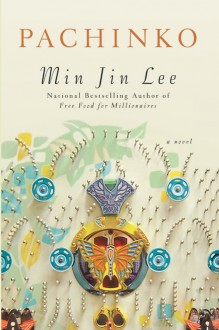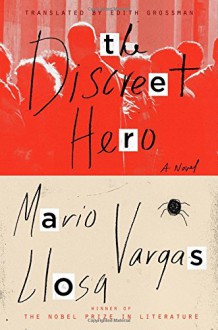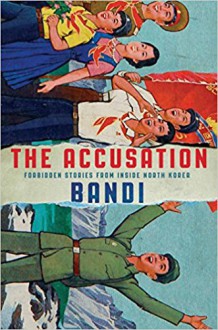
"So what can we really do for each other except--just love each other and be each other's witness?"
When I finished Another Country, it brought tears to my eyes. There's so much suffering exquisitely depicted alongside glimmers of love and beauty, such whole, flawed characters. Like the recently read The Fire Next Time, a nonfiction work by Baldwin, it might have been written today. Again, this is both a compliment to Baldwin's art and his powers of observation but also a lament that so little has changed, particularly regarding race but also gender and sexuality.
Nothing is easy about this book except its gorgeous, lucid prose. It's not afraid of the dark things in people, the mistakes we make, and what holds us back. I felt deeply for these characters, but the book doesn't give in to despair, which, at the end, is what made me cry in relief.
I was surprised to be reminded of Virginia Woolf as I read. There are passages where a character's inability to express "it" or oneself or story are noted. There's a suicide. There's also something about the way both Baldwin and Woolf capture fine states of emotion or the way our feelings and attitude can change so quickly, from seemingly small things. And, when we learn Cass's real name is Clarissa (her husband is Richard), I knew I wasn't crazy to make these connections!
The book is a landmark queer text, and Baldwin clearly knows how to write sex, the act itself--between men and women and between two men--and desire. Its queerness affected its reception at the time; I'm sure many would prefer Baldwin stick exclusively to race and racism. The quote above is spoken by Vivaldo to Eric, and it is a beautiful and simple idea even as the story proves it may be impossible to live by.
However, Baldwin does privilege love between men and the homosocial above all. Nearly all the central male characters are queer or explore their sexuality with one another; at the very least, platonic love between them is a source of comfort and hope. This is not the case with the women. Women's sexuality and power emasculate or cannot be known. There appears to be no escape or solution for women and their pain and oppression, whether white or black. If there is one flaw or problematic issue in this book, in my mind it's that. The love and act of witnessing in the quote seem to be for men only.

 Log in with Facebook
Log in with Facebook 









